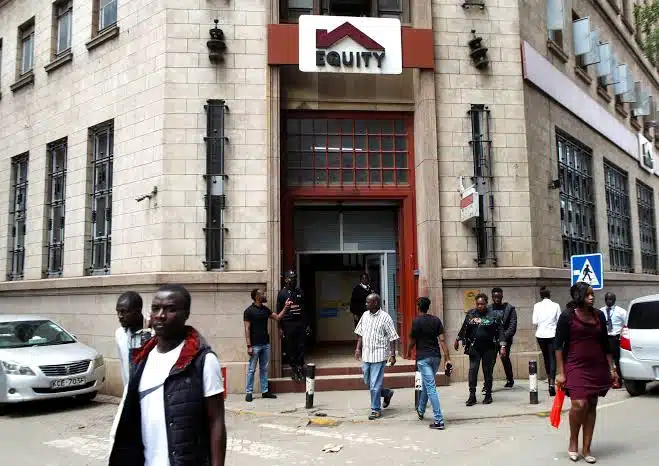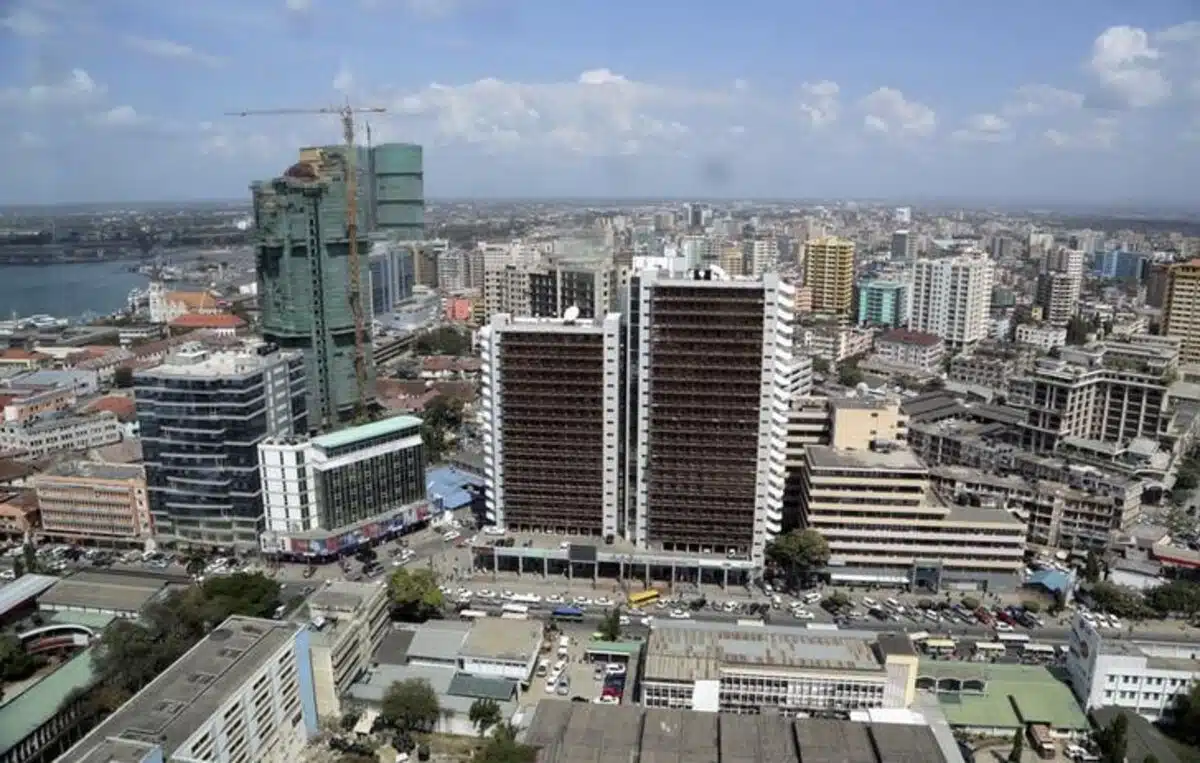TAJBank Limited, Nigeria’s fast-growing non-interest lender, has surpassed the Central Bank of Nigeria’s (CBN) new minimum capital requirement for non-interest banks — well ahead of the March 2026 deadline.
The recapitalisation directive, introduced in March 2024 with a two-year compliance window, requires non-interest banks with regional authorisation to raise at least ₦10 billion ($6.8 million) in fresh capital.
TAJBank revealed the milestone at a recent investment summit in Abuja, where its Managing Director/CEO, Hamid Joda, credited “the leadership of our board, led by industry doyen Tanko Isiaku Gwamna, and the support of shareholders and investors” for the early completion.
“TAJBank has fulfilled the mandatory recapitalisation requirement and is now fully prepared to deliver more customer-friendly, innovative banking services nationwide,” he said.
The achievement puts the six-year Islamic bank ahead of many peers and among the financial institutions that have already met or surpassed the CBN’s threshold.
At the 302nd Monetary Policy Committee meeting on Tuesday, CBN Governor Olayemi Cardoso said 14 Nigerian banks had so far complied, underscoring the sector’s resilience.
Sector raises trillions as deadlines loom
According to pan-African credit rating agency Agusto & Co., Nigerian banks raised ₦1.7 trillion ($1.15 billion) in 2024, another ₦800 billion ($523 million) in the first seven months of 2025, and are projected to raise an additional ₦900 billion ($588 million) before year-end.
Tier-1 lenders such as Zenith Bank, GTBank, and Access Bank have crossed their required thresholds through a mix of rights issues, private placements, public offerings, and direct capital injections. Others, including United Bank for Africa and FirstBank, are close to compliance.
Tier-2 banks such as Union Bank of Nigeria and Providus Bank are pursuing mergers to catch up with larger rivals. A recent SBM Intelligence report projects further deal-making as lenders seek to strengthen their balance sheets.
Under the recapitalisation exercise, commercial banks with international authorisation must now hold at least ₦500 billion ($325.8 million) in capital; those with national authorisation, ₦200 billion ($134 million); and commercial banks with regional authorisation or merchant banks, ₦50 billion ($33.5 million).
Strong financial results
TAJBank’s 2024 full-year results underscore its growth trajectory. Total assets jumped by 84% to ₦953.10 billion ($644 million) from ₦518.33 billion ($803 million) in 2023.
Despite only five years in operation, the bank declared a 20-kobo per-share dividend — its third payout since inception — as customer deposits surged 89% to ₦696.34 billion ($471 million) from ₦369.33 billion ($572 million) a year earlier. Gross earnings grew 80% year-on-year to ₦75.5 billion ($51 million), up from ₦43.2 billion ($67 million).
Analysts project further expansion, citing the success of TAJBank’s second Sukuk bond issued in July 2025, which was oversubscribed by 115%, reflecting strong investor interest and confidence in its ethical-finance model.
Note: Figures were originally reported in naira and converted using the average official exchange rates of ₦1,478.9/$1 for 2024 and ₦645.2/$1 for 2023.











